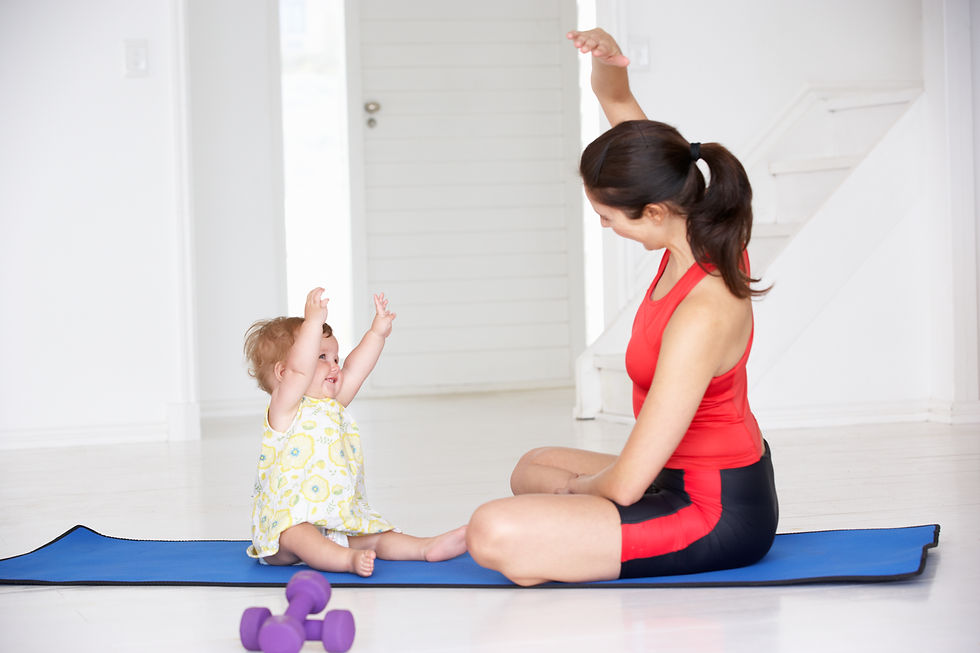Controlling Non-Hungry Eating: one piece of the puzzle for weight loss.
- lifestylemetabolic
- Mar 20, 2025
- 2 min read
Updated: May 13, 2025
One of the most common techniques our Lifestyle Metabolic Dietitians use with clients is a range of strategies to help them identify their patterns of Non-Hungry Eating, also known as NHE.
What is NHE?
Non-hungry eating is eating when you aren’t physically hungry for food.
How can I tell if I do any NHE?
Ask yourself the following questions:
Do I usually eat a piece of cake that someone has baked for me even if I am not hungry, because I don’t want to offend them?
Do I finish what is on my plate when I am eating out, even if I feel full before all the food is finished, so that I don’t waste it
Do I ever overeat a food because it is really delicious? (E.g., sometimes it is hard to eat just one Tim Tam!)
Do I ever eat something like a chocolate bar or have a few glasses of wine after a really long, stressful day to make myself feel better?
These are just some examples of NHE - and there are many more!! Some NHE is normal, and many people do it. When we end up doing a lot of NHE it can be hard to maintain a comfortable weight and it may also contribute to weight gain.
What are some tips I can use to reduce my NHE?
Question your hunger levels before eating. Do your best to only eat when you are physically hungry.
Don’t restrict foods; tell yourself, “I can have it if I want it, but am I really hungry for it?
Avoid eating when you are distracted (E.g., in the car, in front of the TV, when you are working) as it is hard to really assess hunger levels when you are doing other things.
Eat off a plate. Don’t eat out of packets as you can’t see the volume you are eating when you do this. This will help increase your awareness of how much you are eating.
Keep a food diary and record your hunger levels before and after meals and snacks.
If you are consuming high calorie foods and fluids to comfort yourself (E.g., after a bad day) consider other options other than eating to comfort yourself such a going for a walk, taking a hot shower or long bath, talking to a friend or streaming an episode of your favourite show.
If you would like to learn more about identifying your NHE triggers, strategies to reduce NHE episodes or how to eat mindfully book in to see Dr Terri-Lynne South or dietitian Jessica McMaster here.




Comments